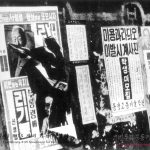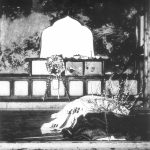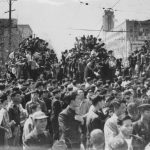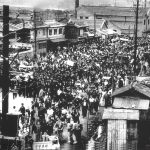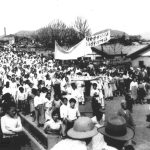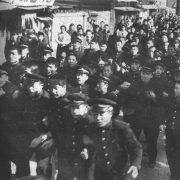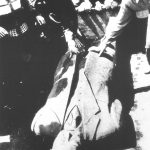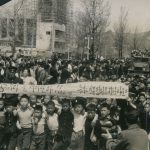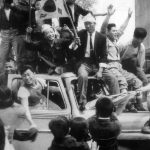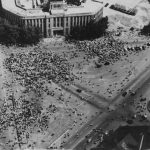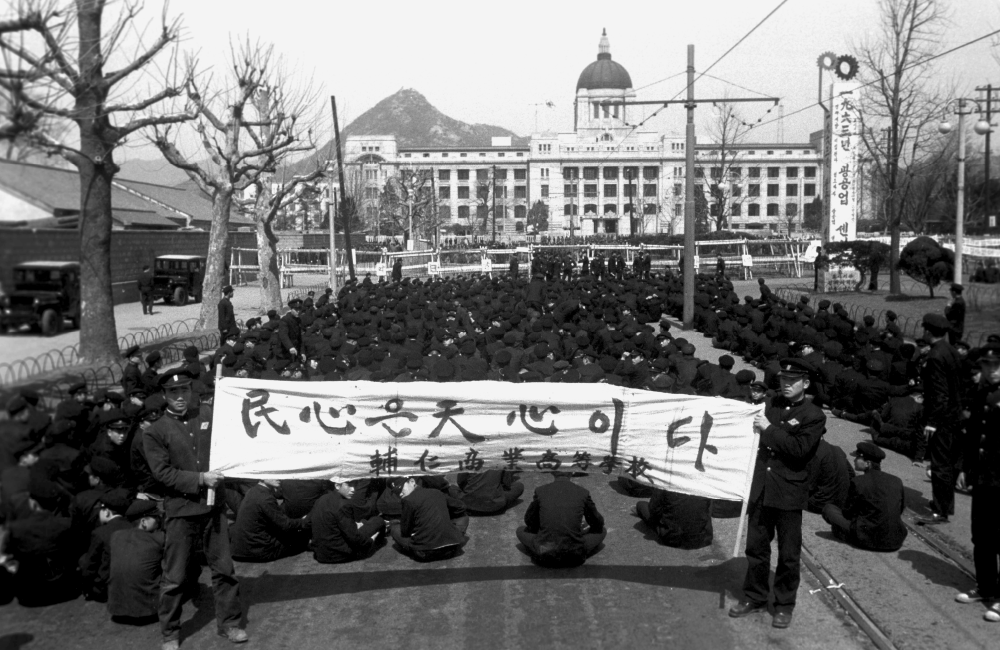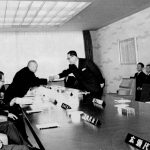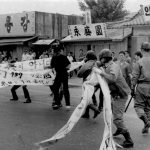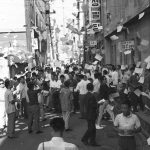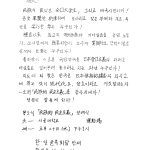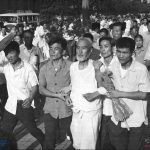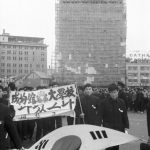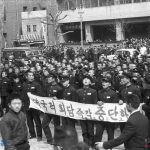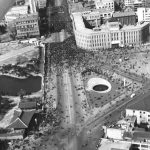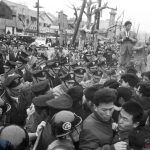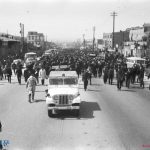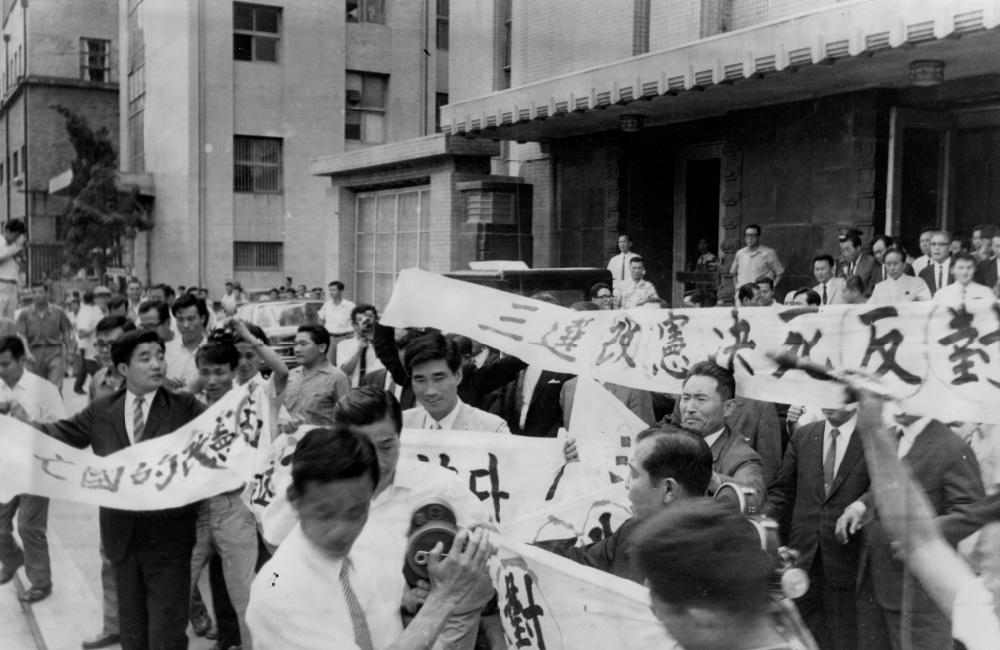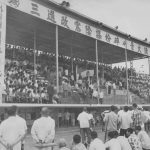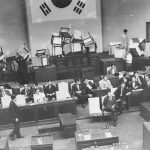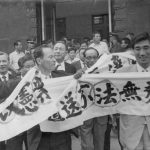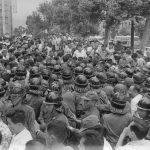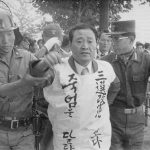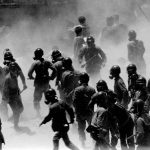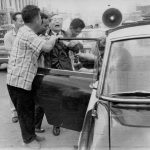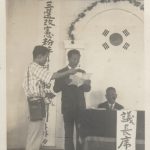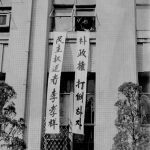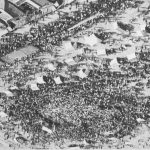KR
|
ENG
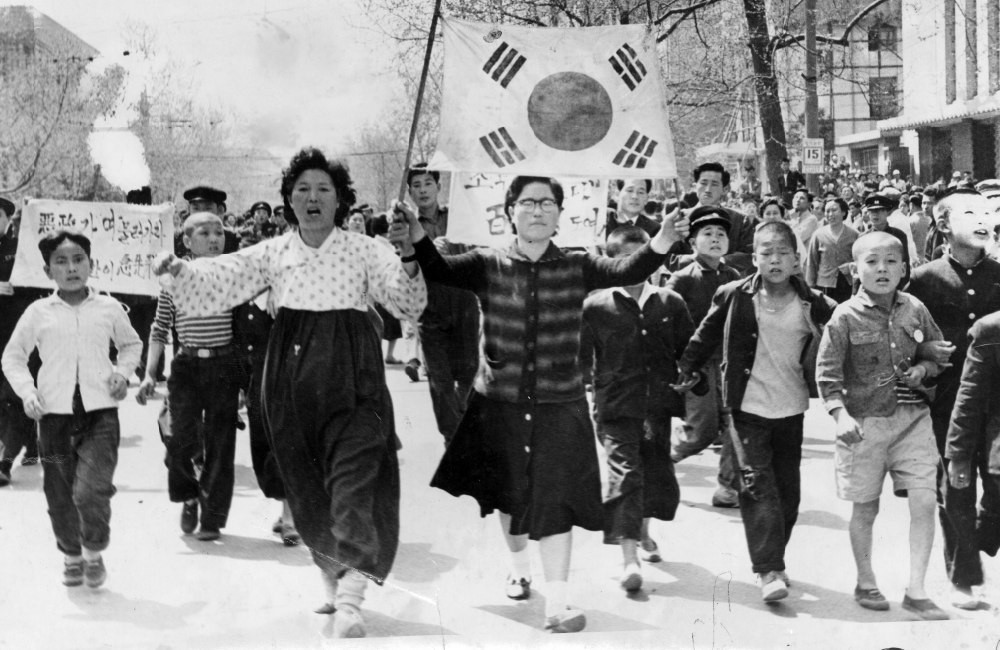
The 4.19 Revolution
“ Take responsibility for the dead student!
President Rhee OUT! ”
President Rhee OUT! ”
Rhee Syngman, the very first president of the Republic of Korea, and the governing party committed illegal acts in the presidential and vice-presidential elections on March 15, 1960, to maintain their power. They attempted to re-establish power through fraudulent elections and illegal violence, which provoked the people’s anger and triggered the 4.19 Revolution.
On February 28, just before the election, high school students in Daegu started to gather on the streets. On March 8, students from Daejeon crowded the streets to protest against the injustice and illegality of the Syngman Rhee regime. On the day of the election, March 15, a large-scale demonstration movement happened in Masan. The protesting wave spread to other parts of Korea from April of the same year, including Seoul, Incheon, Suwon, etc. On April 19, Rhee Syngman administration commanded to open fire and decreed martial law on the people who were crying out for the overthrow of the dictatorship. However, people were stubborn and did not stop fighting for what they wanted. At the end, Syngman Rhee was forced to resign from the presidency on April 26.
On February 28, just before the election, high school students in Daegu started to gather on the streets. On March 8, students from Daejeon crowded the streets to protest against the injustice and illegality of the Syngman Rhee regime. On the day of the election, March 15, a large-scale demonstration movement happened in Masan. The protesting wave spread to other parts of Korea from April of the same year, including Seoul, Incheon, Suwon, etc. On April 19, Rhee Syngman administration commanded to open fire and decreed martial law on the people who were crying out for the overthrow of the dictatorship. However, people were stubborn and did not stop fighting for what they wanted. At the end, Syngman Rhee was forced to resign from the presidency on April 26.
